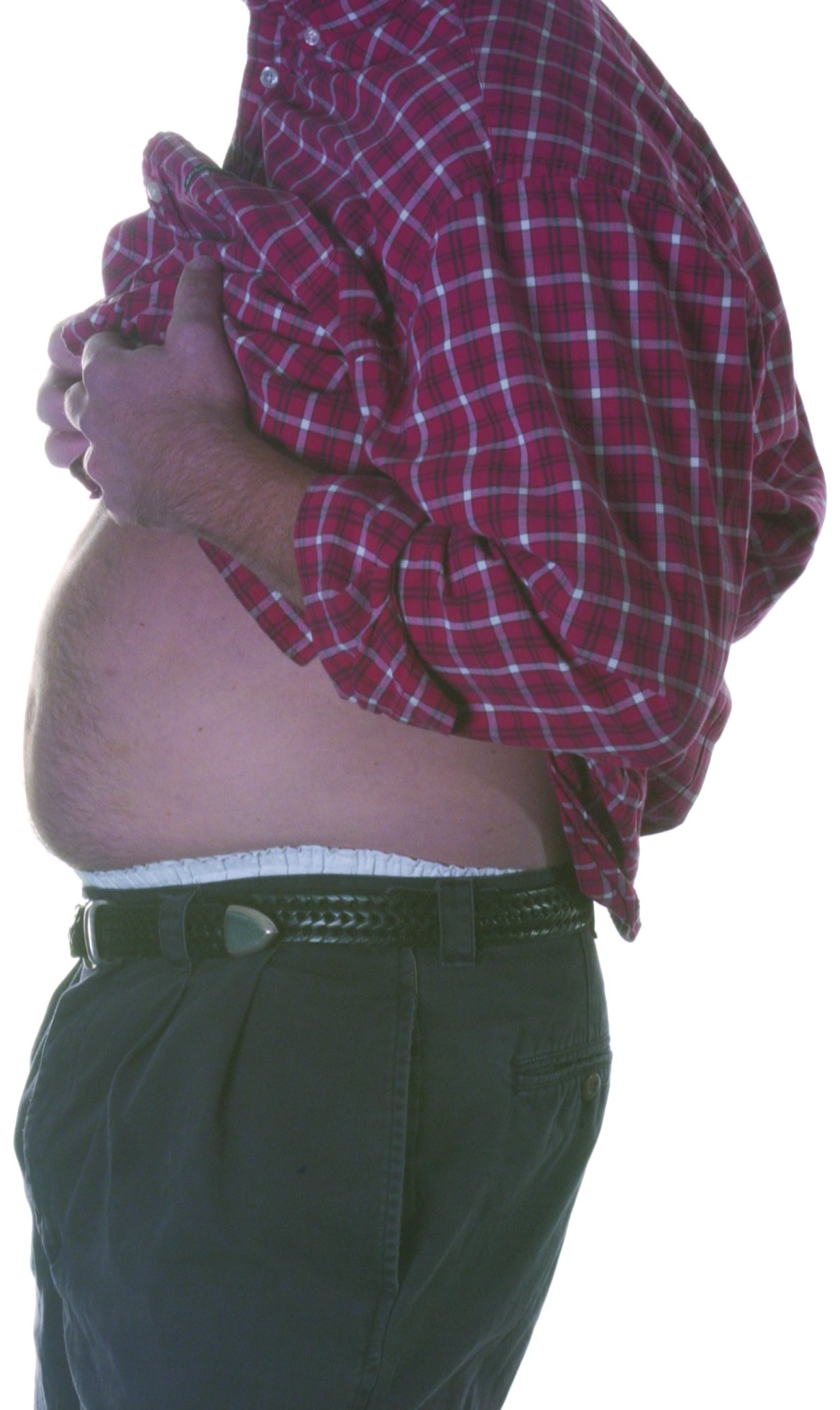When it comes to spotting trends, I have a secret tool not available to big-time market forecasters. As the editor of All About Beer Magazine and its related website, I answer the random beer questions that web-surfers type into the ether. So, about four years ago, when the most common question from women correspondents switched from “How many calories does a beer contain?” to “How many carbs does a beer contain?” I had forewarning that low carb was going to be big.
The most likely converts to the ranks of low-carb are those already drinking light beer. In that case, light brands: beware.

Breweries must have noticed the same shift, and it must have scared them. Because, whatever beer has been through its history—all natural, inherently kosher, an invalid’s food, safer than water—it has never been low in carbohydrates.
Over the past two years, the savviest breweries saw that an opportunity existed for new brands to ride on the coattails of a growing trend: an unorthodox, twenty year-old weight-loss regimen that was unexpectedly gaining momentum.
The Low Carb Phenomenon
In 1972, Dr. Atkins’ Diet Revolution was published, to limited enthusiasm and much professional skepticism. Cardiologist Robert Atkins built his weight-loss program around the premise that carbohydrates, not calories, were the culprits in obesity.
A meal heavy in carbohydrates (starches and sugars) triggers a sudden spike in blood sugar (glucose) in your bloodstream. This, in turn, results in a corresponding spike in the hormone insulin. Insulin’s role is to mobilize the uptake of blood sugar into your cells for energy, with the excess stored as fat. Following the two spikes, blood sugar drops abruptly, leaving you hungry once again for another “fix” of carbohydrates.
Atkin’s idea was that a diet low in carbohydrates would prevent the roller-coaster swings of blood sugar and insulin levels, and force the body to metabolize its stores of fat. In practice, the diet strictly limits carbohydrate intake to 20 grams per day during the early phase: breads, pastas, and any foods prepared with added sugar are strictly off limits, and even many fruits and vegetables are restricted. Controversially, the diet permits fairly large portions of high-fat/high-protein foods.
The medical establishment derided a program that turned conventional nutritional wisdom—which advocated a low-fat/high carb diet—upside down.
Ironically, Robert Atkins died last spring of a head injury, just as his approach to weight control—lifestyle, his adherents would say—was gaining a measure of scientific credibility.
After his death, studies in scientific journals, including The New England Journal of Medicine, reported that subjects on low carbohydrate diets lost weight and—more surprisingly—showed lowered cholesterol levels. Skeptics suggest that the ultimate effect of such a skewed diet is lowered caloric consumption overall and, hence, loss of weight. Supporters maintain that a low carb diet forces the body’s metabolism into ketosis—the process of burning stored fats for energy—which accounts for weight loss.
By now, the public doesn’t care why the diet works. Whether you are following the Atkins diet, or the handful of similar programs—The South Beach Diet, The Carbohydrate Addict’s Diet, The Neanderthin (read “caveman”) Diet—carbs, not calories are the important numbers to count.
And that’s bad news for beer.









